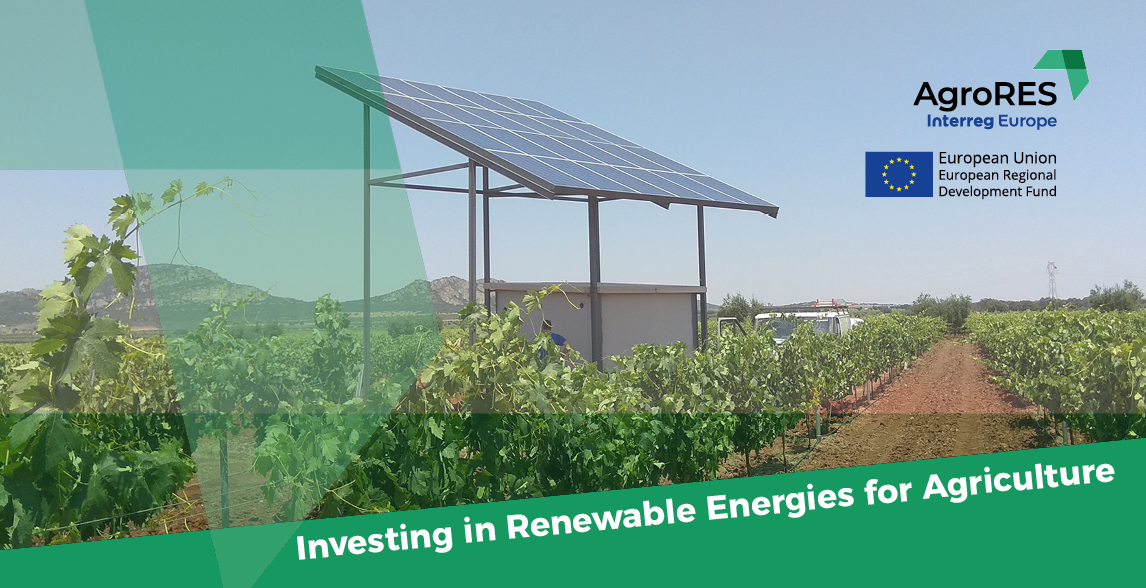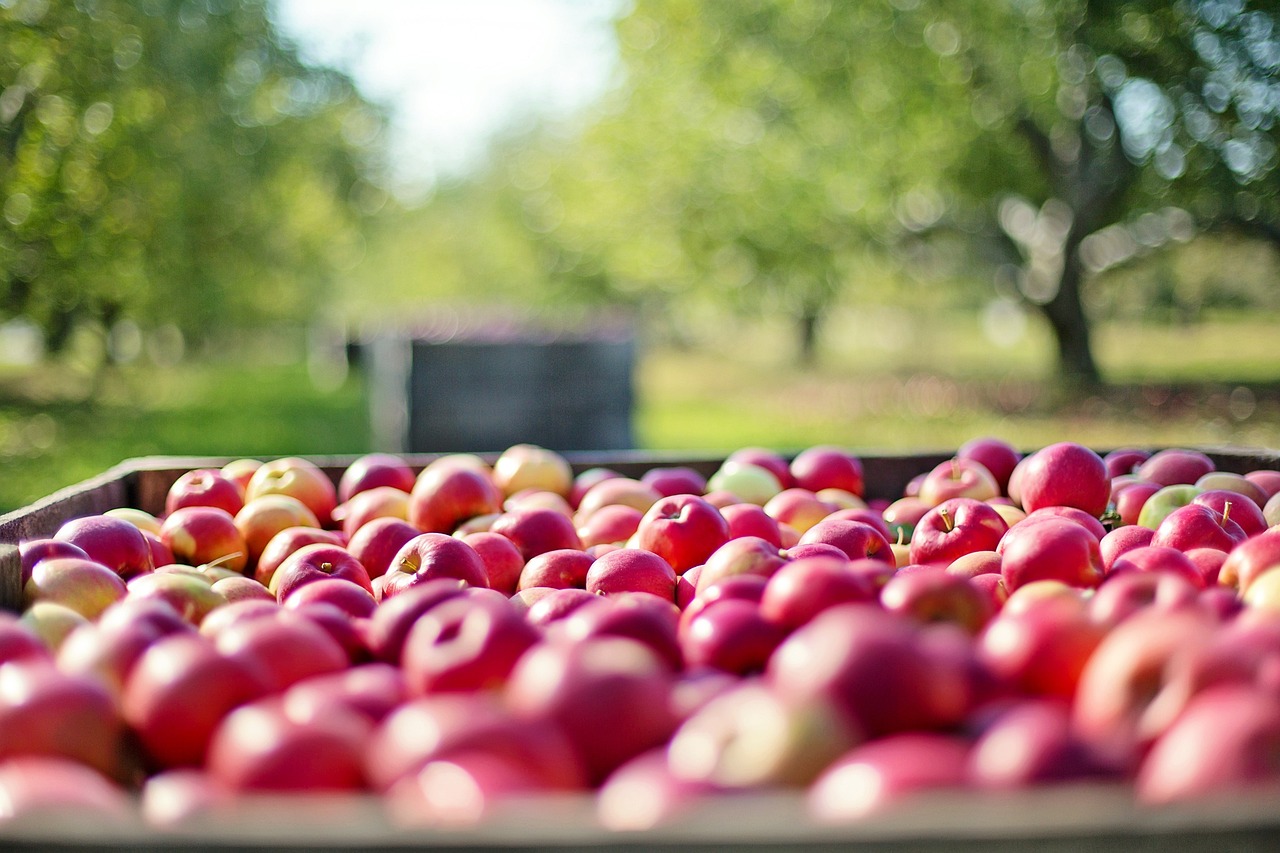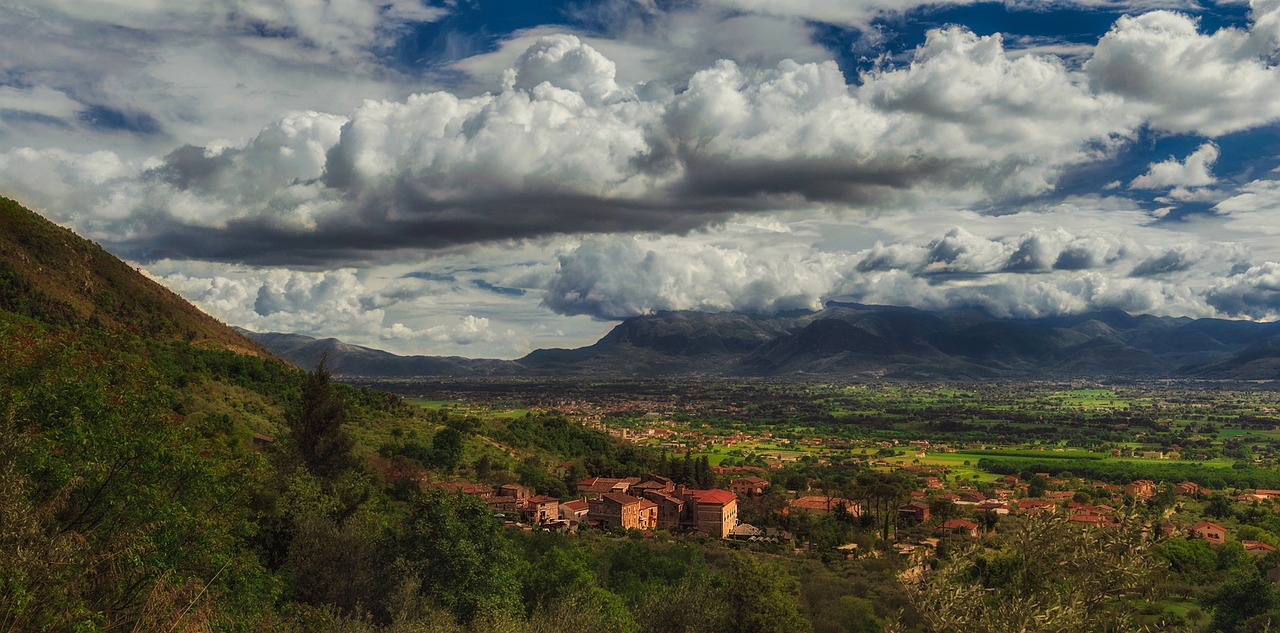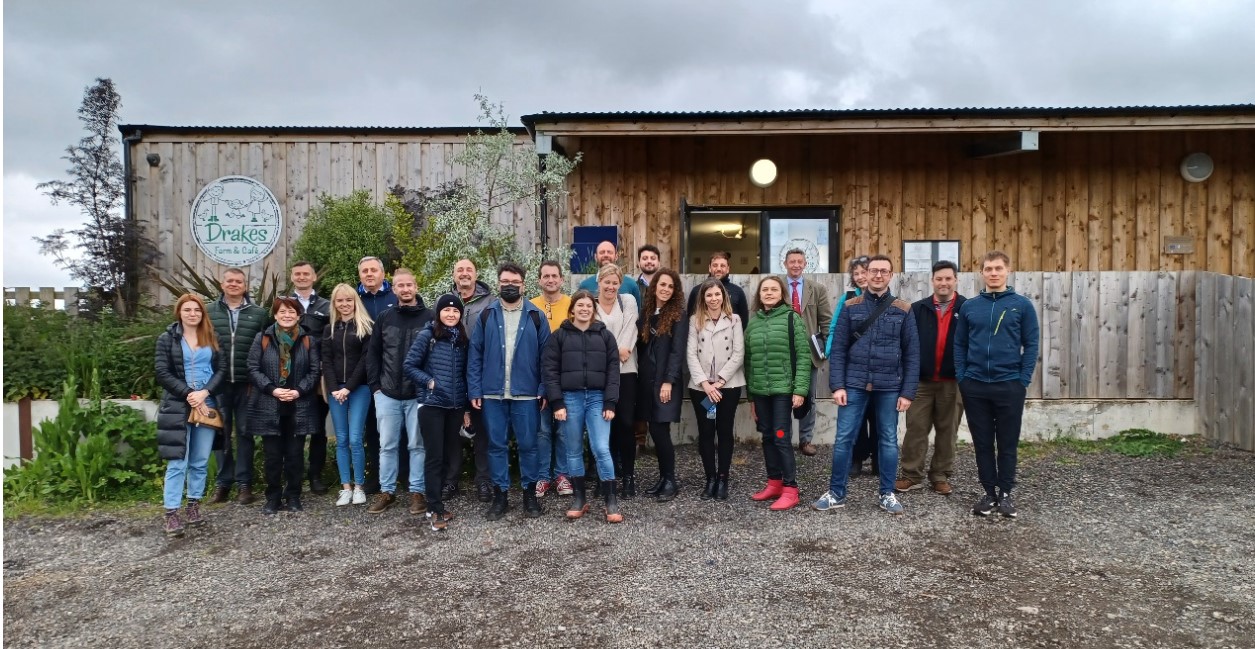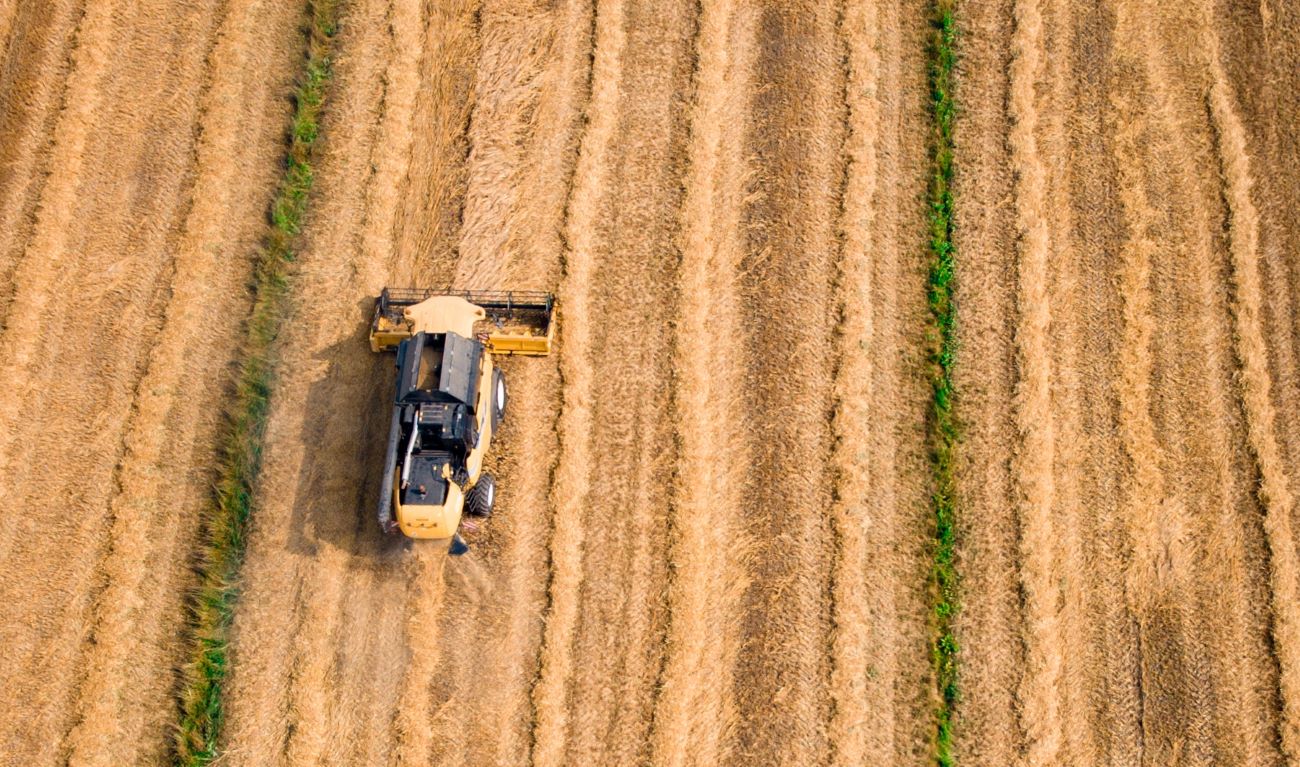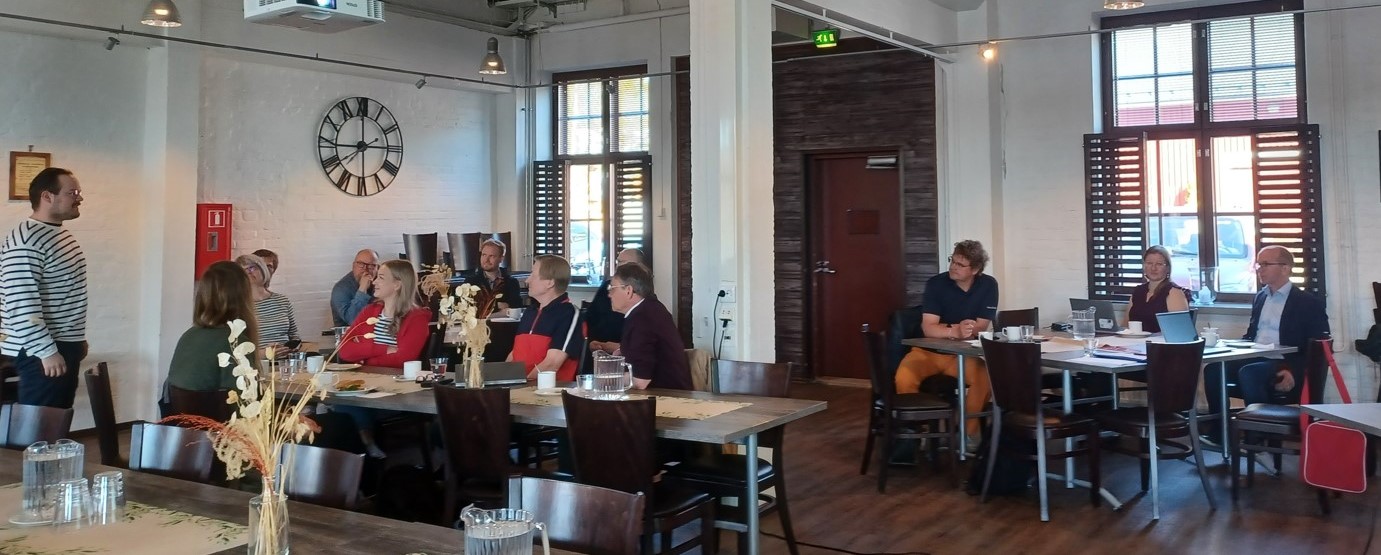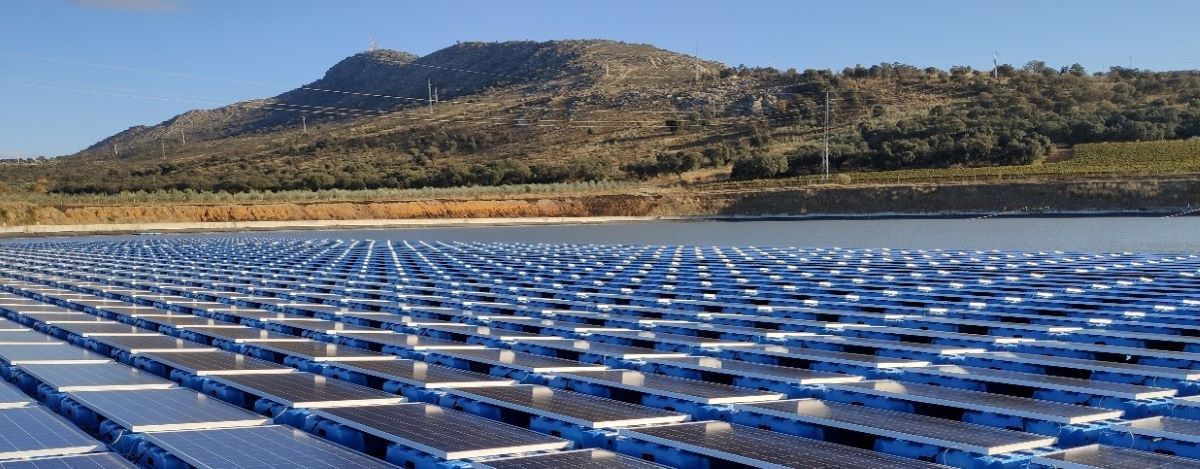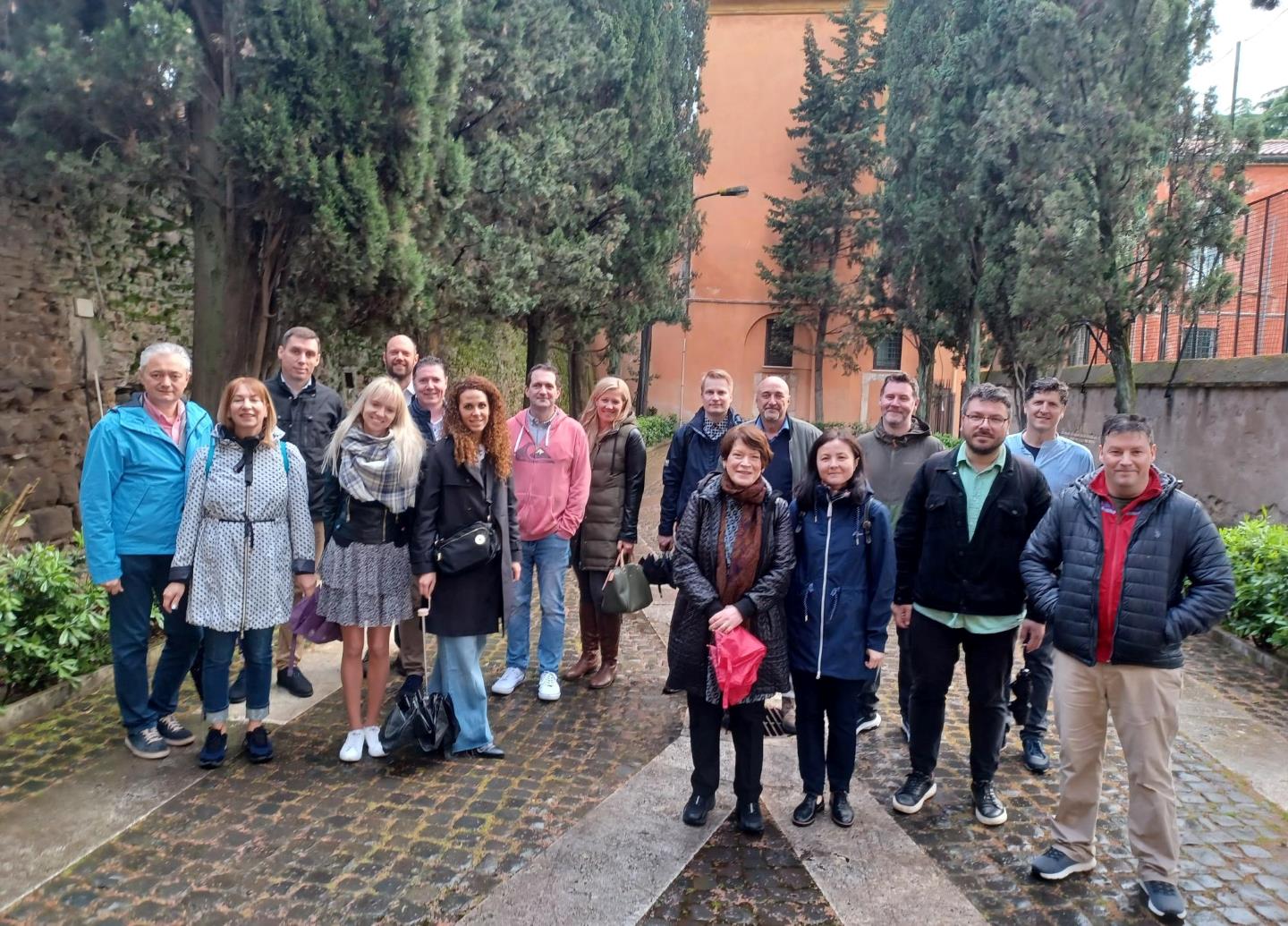 The Extremadura Energy Agency (AGENEX), Spain, is a non-profit organization created with funds from the European Union. It was born as a tool to help the Regional Government promoting diversification, energy savings and the development of renewable energies. Supporting local and regional policymakers in the definition of strategies and directives that allow to achieve Regional, National and European targets in the field of energy and finally promoting the mentality change in the general public. Besides its main role as public and scientific supporter, AGENEX has large collaboration with the private sector, being member of the Board in the Regional Energy Cluster, and other energy SME associations.
The Extremadura Energy Agency (AGENEX), Spain, is a non-profit organization created with funds from the European Union. It was born as a tool to help the Regional Government promoting diversification, energy savings and the development of renewable energies. Supporting local and regional policymakers in the definition of strategies and directives that allow to achieve Regional, National and European targets in the field of energy and finally promoting the mentality change in the general public. Besides its main role as public and scientific supporter, AGENEX has large collaboration with the private sector, being member of the Board in the Regional Energy Cluster, and other energy SME associations.
Extremadura has exceptional natural resources and large energy exploitation potentials due to the big country surfaces, high number of sun hours and freshwater availability. These conditions have ensured that the bioenergy production and consumption has increased in the last years, while the solar sector places the region in the top national positions counting both concentrated solar power (CSP) and photovoltaic (PV) energies.
In a regional sector with 1.500 RES MW installed, AGENEX has contributed to this technology implementation through projects in buildings and support actions which have resulted in more than 1.000 kW of RES promoted in the last years.
The local and regional authorities are developing measures to reduce the energy consumption in public buildings, public services, transport and industry in order to achieve the European 2020 strategy.
In 2018, Extremadura achieved high production of Renewable Energies, covering 100% of the electricity demand. This percentage of the total energy produced by Renewable Energies was higher than what was established for the Spanish territory by the EU for the year 2020.
However, more than 90% of this renewable energy comes from large power plants that sell electricity directly to the main supply. The challenge now is to increase the use of Renewable Energies integrated in all sectors, from industry to agriculture and housing.
Agriculture currently represents the third economic sector in Extremadura, with 15% of GDP, just after the services sector and the public sector. This is an important economic sector for the region, and more taking into account that Extremadura has the largest national freshwater reserve, which allows to have thousands of hectares of irrigated land.
Irrigation has excellent potential for the installation of Renewable Energies, such as photovoltaic and electrical storage systems, as more than 70% of consumption can be covered by instant photovoltaic electricity generation in irrigation seasons.
Moreover, the adaptation of the sector has also good potential for the integration of Renewable Energies, especially solar thermal and energy recovery of biomass wastes.
The rise in electricity prices is a threat to the stability of agricultural production, which requires more independence from energy supply.
Within the different lines of grant for the promotion of the use of Renewable Energies, it has been detected that in previous calls, the expected number of applications by the agri-food community and the rural sector, in general, was not received. With this lack of grant monitoring, AgroRES project, is willing to promote the creation of more focused and specific grants, combined with adequate impact monitoring that leads to reach to this sector in particular.
Recent studies have demonstrated that the main barriers identified by farmers to produce renewable energy are the processing of permits, subsidy procedures, high investment costs, limited access to credit and doubts about profitability. These barriers are increased when talking about small farms, which finds that investing in renewable energy is a problem due to lack of funds. AgroRES project would work on these existing barriers and determine the best means to promote the use of Renewable Energies in agriculture and the rural sector.
 In addition to this, there is a problem of social awareness. Many farmers and part of the rural population are not aware of the benefits of renewable energy, and not only the economic ones. An important benefit is to be less dependent on external energy supply, subject to fluctuating prices, increasing stability. In this aspect, AgroREs would play a crucial role thanks to its different events organised, seminars and generating news this situation can begin to change.
In addition to this, there is a problem of social awareness. Many farmers and part of the rural population are not aware of the benefits of renewable energy, and not only the economic ones. An important benefit is to be less dependent on external energy supply, subject to fluctuating prices, increasing stability. In this aspect, AgroREs would play a crucial role thanks to its different events organised, seminars and generating news this situation can begin to change.
Finally, it should be also noted that there is a socioeconomic factor related to the highest levels of unemployment in rural areas. The production of renewable energies in these areas would support the rural economy by creating new jobs and providing them with added value.


